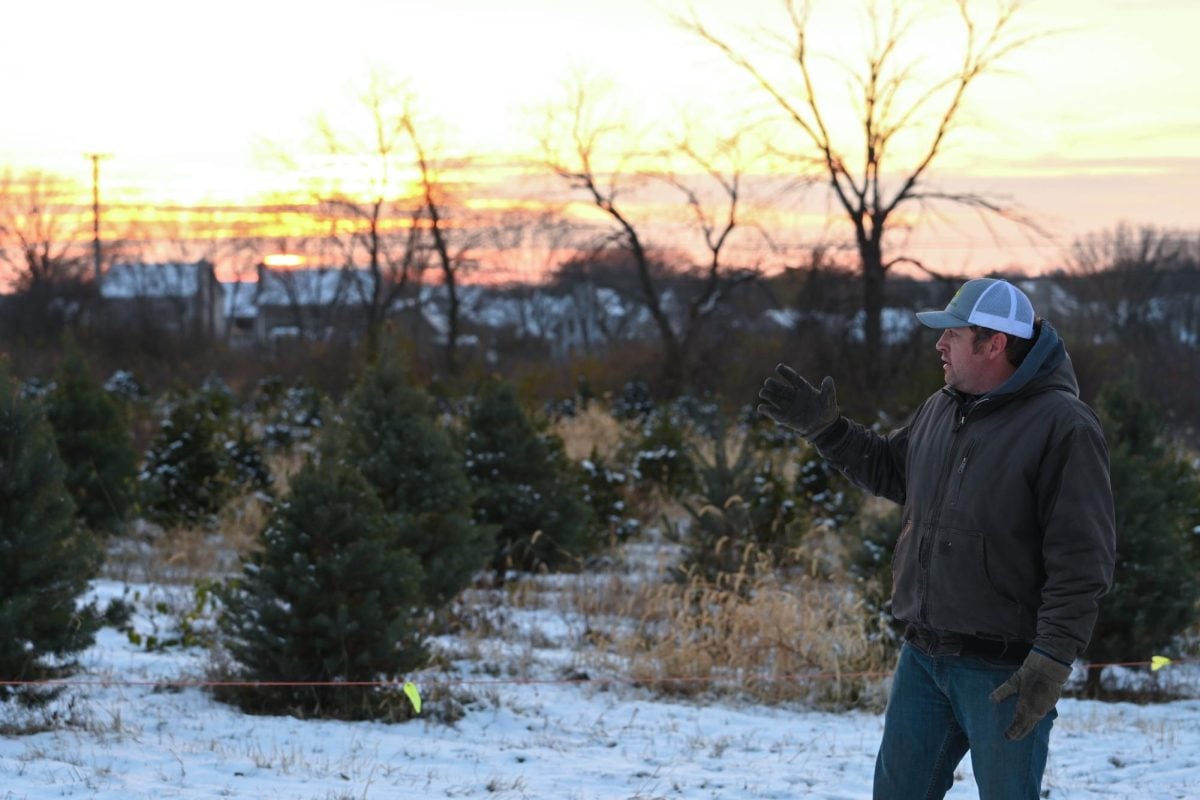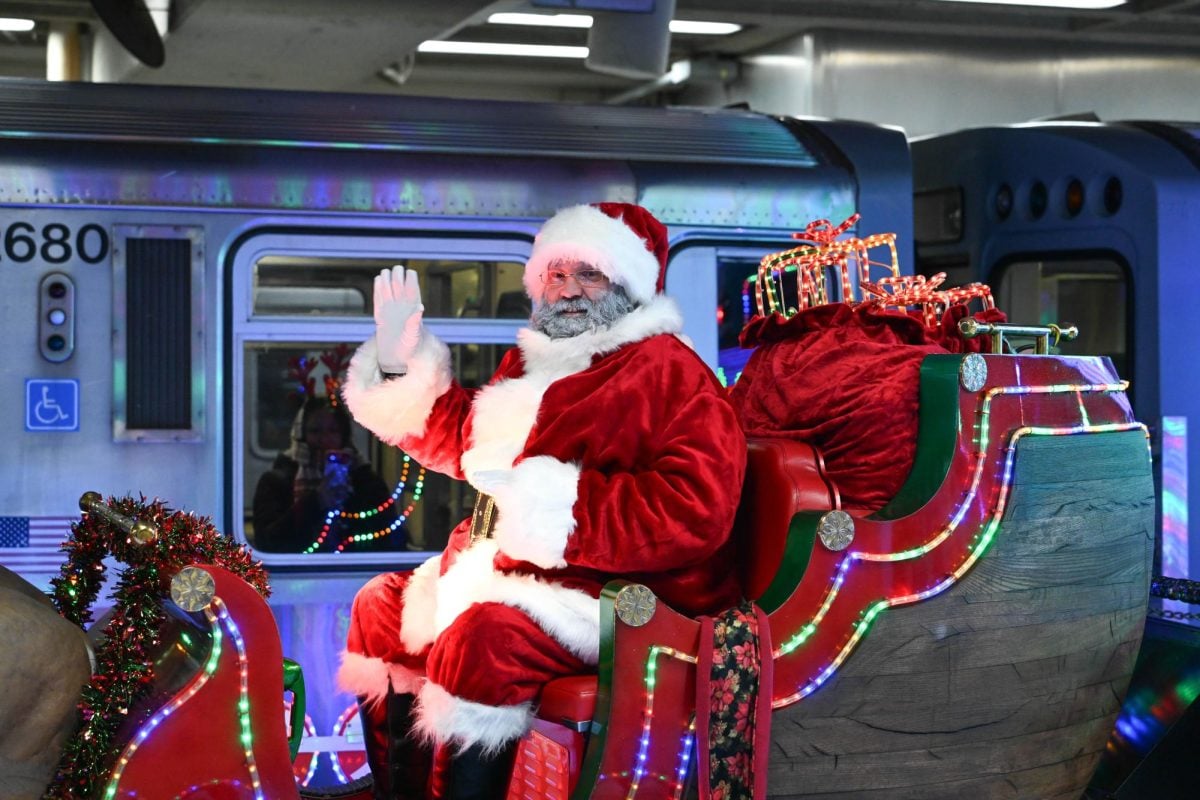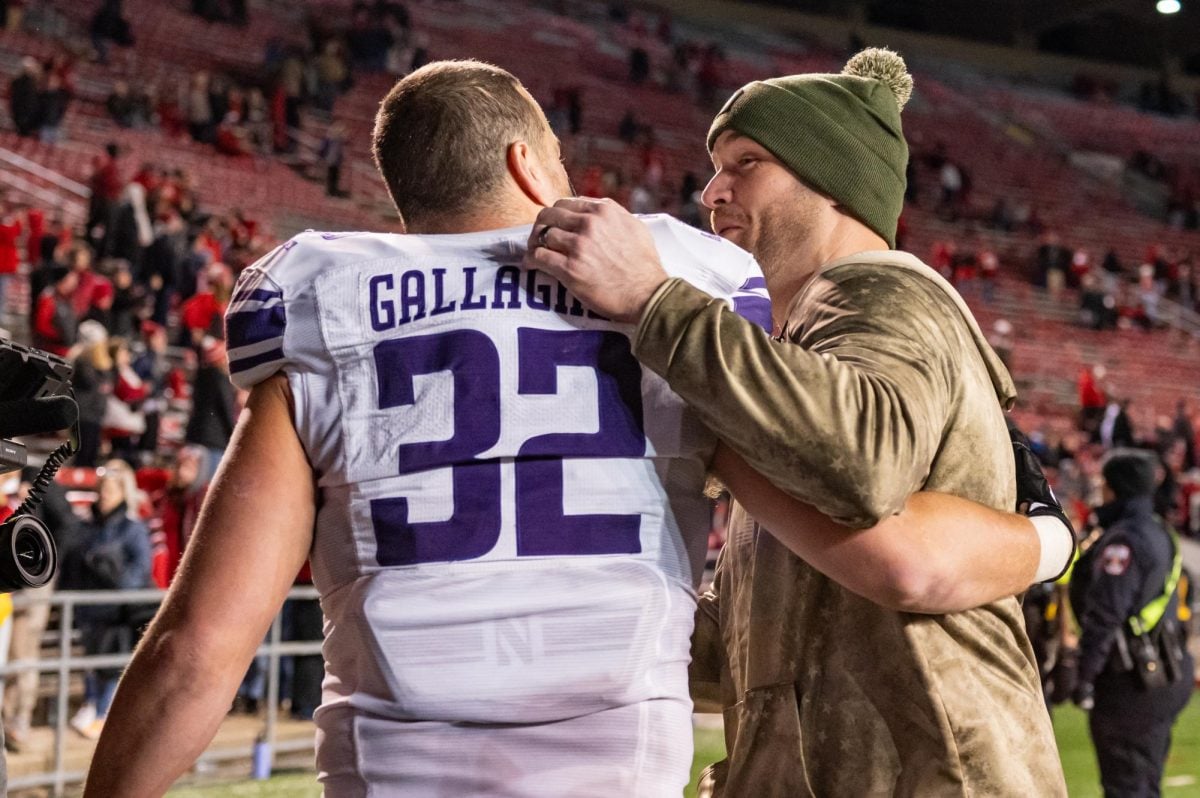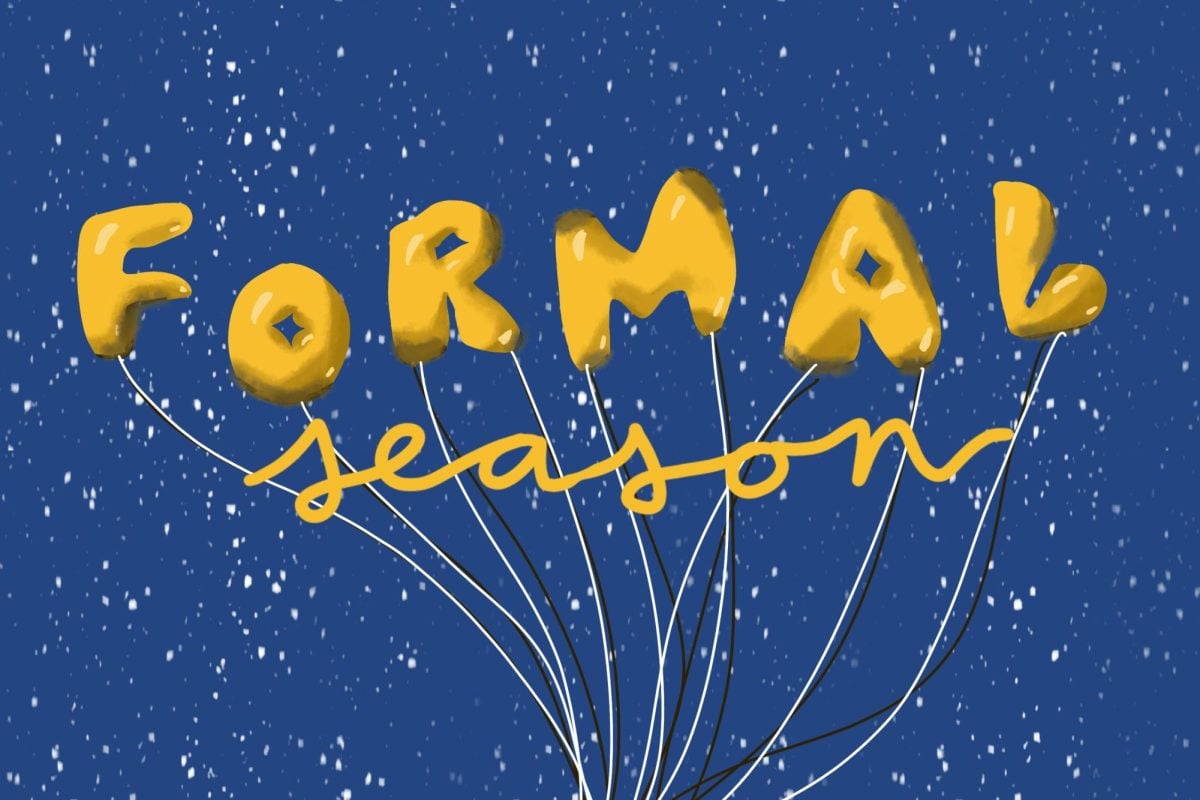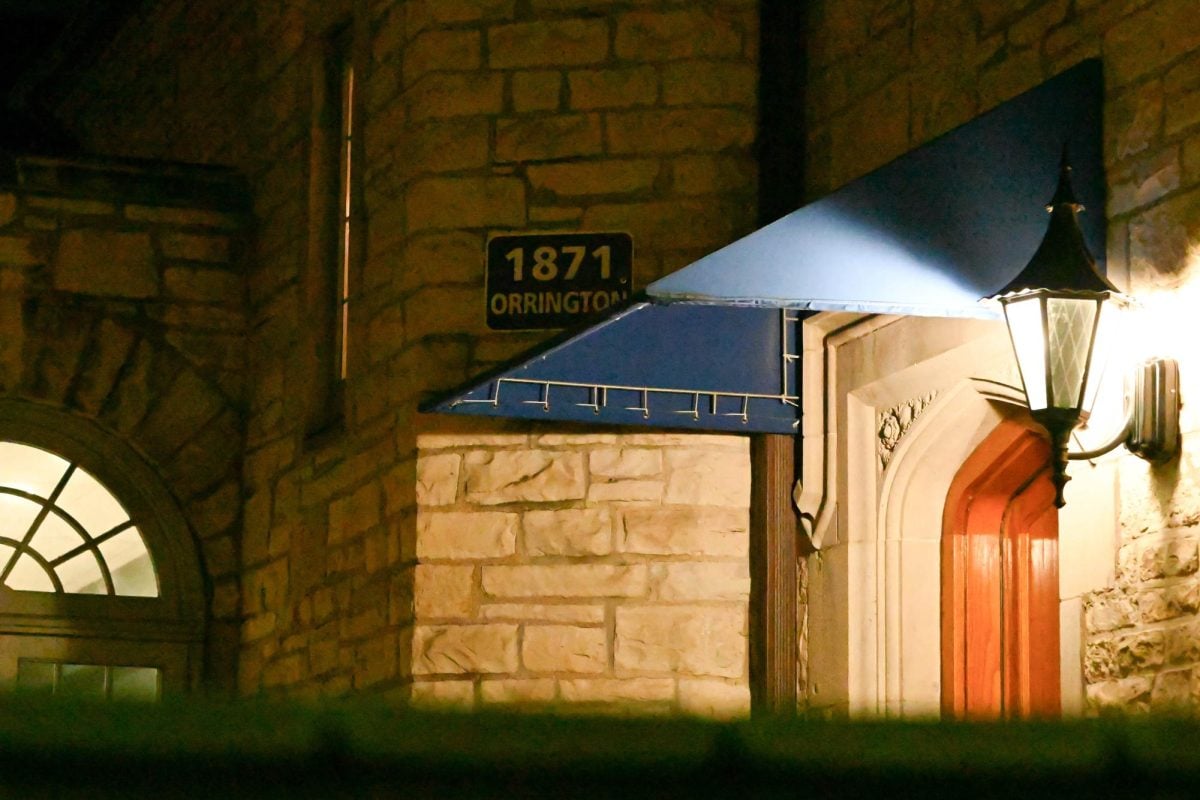Surrounded by the Chicago region’s suburban sprawl, the tree-lined acres of snow-covered farmland at Abbey Farms feel like an “oasis,” the farm’s director Eric Mott said.
The farm has recently transformed into a winter wonderland. And it’s not just because of this week’s snowfall: Abbey Farms in Aurora, Illinois, is one of few places in the Chicago area that grows Christmas trees on-site.
Over the last couple of weeks, tree farms have geared up to create immersive, hands-on holiday experiences for families. About a dozen Christmas tree farms exist around Cook County and its surrounding counties — but none are in northern Cook.
Many pre-cut trees found at retailers across the region don’t come from Illinois. The region’s climate and soil pose a challenge for evergreen growers, said Chris Evans, a research specialist at the University of Illinois’ Extension Forestry program.
The Chicago region features many hardwood species, like birches and oaks, that lose their leaves every fall, he added. But conifers, the pointed-leaf evergreens we know as Christmas trees, thrive in colder climates, like Michigan’s.
“We don’t have many native conifers to Illinois,” he said. “A lot of those species are a little more cold-adapted — the spruce, the firs especially. And they like fairly well-drained soils. They don’t do great with a lot of soil moisture.”
This means it takes some trial-and-error with different species to see what works best on a given plot of land. Evans said that species have to be able to thrive with the specific constraints of the land’s soil.
Mott said his farm mainly grows pines and spruces but has also experimented with firs, which need better-drained soil.
“There are spots in Illinois that do have sandier (or) lighter soils,” he said. “But this immediate area is definitely not one of those.”
Urban sprawl in the nation’s third-largest metropolitan area means little space remains for expansive tree farms. Homes and industrial sites can create a “heat island” and pose additional challenges for growing trees, Evans said.
“There may be more pollution into the soil, either from increased vehicle traffic or deposition from factories or things around that may impact the soil,” he said.
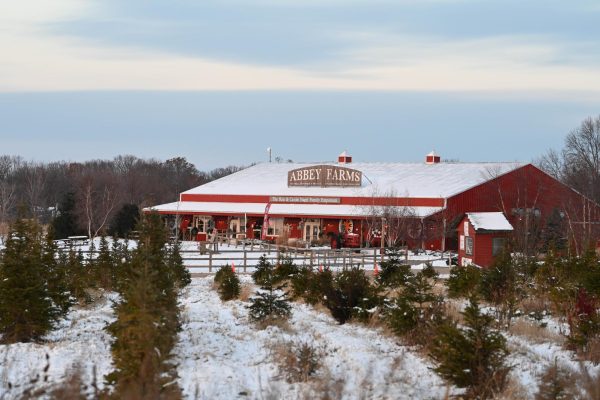
Abbey Farms began when monks from the Marmion Abbey started growing trees there in the 1930s. Now, in addition to selling thousands of trees this winter, the farm also features a holiday store with specialty items, such as jams and Christmas ornaments.
Some of the other tree farms in the Chicago region also offer baked goods or hot drinks for tree buyers. This helps make picking up a Christmas tree straight from the farm an experience in itself, Mott said.
“(People) say, ‘We’ve been coming here for 50 years,’” he said. “It becomes kind of a family tradition to come and cut down a tree. They turn it into their tradition as a family.”
In addition to the trees customers pick from the fields, Abbey Farms offers pre-cut trees from Michigan.
Either way, tree buyers get a complimentary donut and hot chocolate — items that Aurora resident Tyler Demars and his family say keep them coming back.
“If you went to Home Depot and got a similar tree for a little bit less money, it’s not the experience we’re looking for,” he said. “We’re looking for a little bit of the Christmas music playing and the people talking to you about the crafts.”
Email: shungraves2027@u.northwestern.edu
Twitter: @realShunGraves
Related Stories:
— Participatory Budgeting winner Evanston Urban Farm hopes to combat food insecurity in Evanston
— Evanston environmental activists voice support for City Council’s new tree protection ordinance
— Evanston Farmers’ Market opens season with spring produce and seven new vendors

